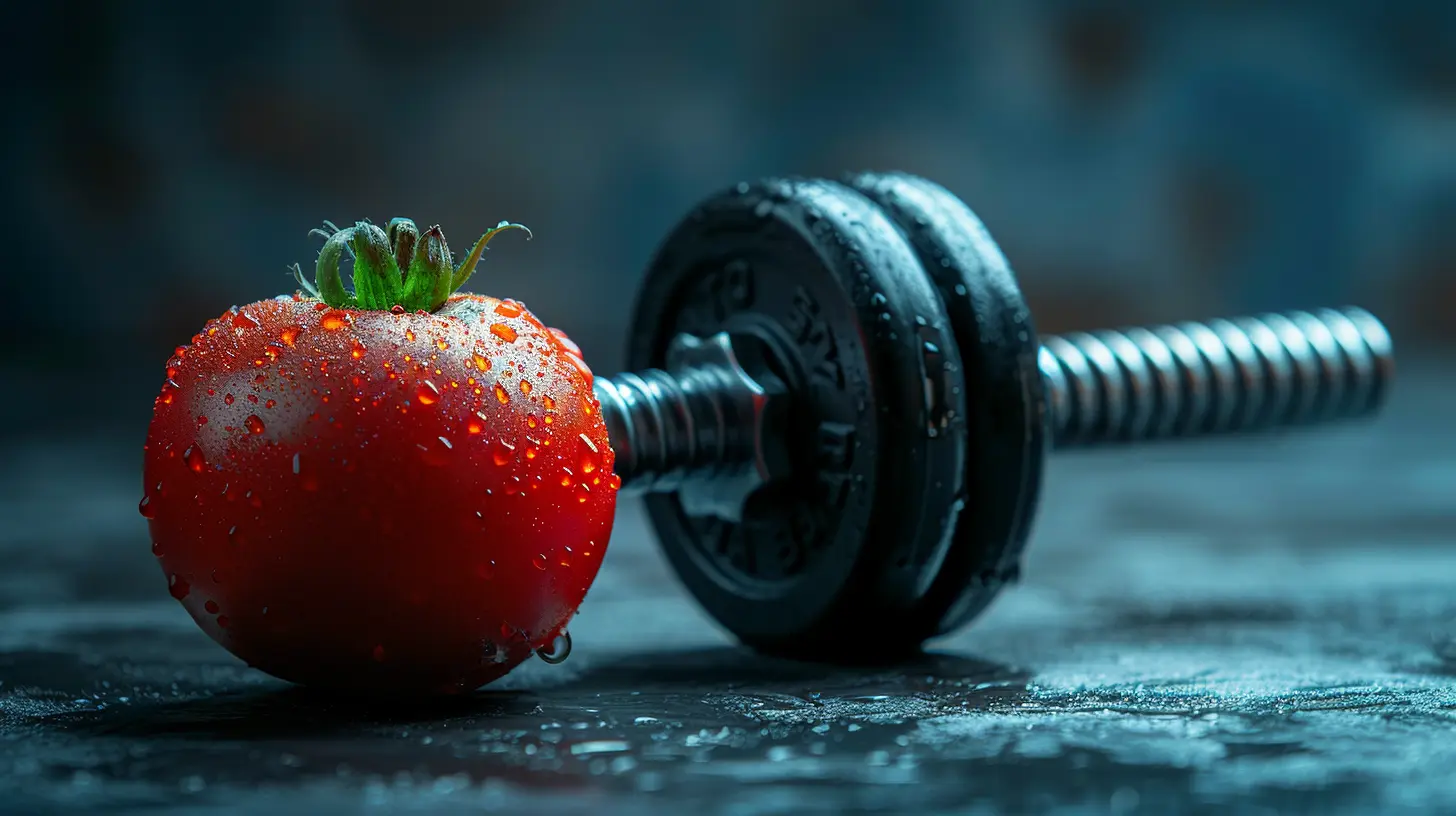The Ketogenic Diet and Its Impact on Athletic Performance
19 July 2025
The ketogenic (keto) diet has taken the world by storm, promising weight loss, increased energy, and mental clarity. But how does it affect athletes? Can you really fuel your body with fats and still perform at your peak?
Let's break down how the keto diet impacts athletic performance, what the science says, and whether it's the right choice for you.

What is the Ketogenic Diet?
The ketogenic diet is a high-fat, moderate-protein, and very low-carb way of eating. The goal? To shift your body from burning carbohydrates (glucose) for energy to burning fat. This state is called ketosis, where the liver produces ketones—an alternative energy source for the body and brain.Macronutrient Breakdown of Keto
Typically, a keto diet follows this macronutrient ratio:- 70-80% Fat
- 15-25% Protein
- 5-10% Carbohydrates
By drastically cutting carbohydrates, the body has no choice but to rely on fat for fuel. Sounds good for endurance athletes, right? Well, it's not that simple.

How the Keto Diet Affects Energy Levels
Carbs are the body's primary energy source, especially for high-intensity exercise. When you remove them, your body has to adjust. This transition period, often called the "keto flu," can leave you feeling sluggish, tired, and foggy.For athletes, this presents a challenge. Training sessions that rely on explosive power, like sprinting or weightlifting, might feel harder because the body is still adapting. However, once fully adapted, many athletes report steady energy levels and reduced fatigue.

The Keto Diet and Endurance Performance
For endurance athletes—think marathon runners, cyclists, or triathletes—keto has some promising benefits. Since fat stores are virtually unlimited compared to glycogen (stored carbs), keto-adapted endurance athletes may tap into a steady fuel source without relying on frequent carb-loading or energy gels.Potential Benefits for Endurance Athletes
- Improved Fat Utilization – The body becomes more efficient at burning fat for energy.- Steady Energy Levels – No sugar spikes or crashes.
- Reduced Need for Frequent Refueling – Less reliance on sports drinks, gels, and carb-heavy meals.
Studies show some endurance athletes perform just as well or better on keto, but the adaptation process can take weeks to months. If you're an endurance athlete considering keto, patience is key.

Strength and High-Intensity Performance on Keto
Strength training and high-intensity workouts rely heavily on glycogen. Since keto depletes glycogen stores, performance in activities like weightlifting, sprinting, or CrossFit can take a hit—especially in the early stages.Challenges for Strength Athletes
- Reduced Explosive Power – Carbs are essential for max-effort lifts and sprints.- Lower Muscle Glycogen – This can impact endurance in weight training sessions.
- Slower Recovery – Lack of glycogen can delay muscle repair and growth.
That said, some strength athletes modify their keto approach by including targeted or cyclical keto diets—where they consume carbs strategically around workouts to replenish glycogen without kicking themselves out of ketosis.
Adapting to the Keto Diet: What Athletes Need to Know
If you're an athlete considering the keto diet, it's not something you can jump into overnight. Here's what you should keep in mind:1. The Adaptation Phase is Tough
Transitioning to keto can be rough for the first 1-3 weeks. Expect fatigue, brain fog, and a possible decline in performance before things level out.2. Hydration and Electrolytes Are Crucial
Keto can cause more water loss, leading to dehydration and electrolyte imbalances. Make sure to replenish:- Sodium (add salt to your meals)
- Potassium (avocados, leafy greens)
- Magnesium (nuts, seeds, dark chocolate)
3. Adjust Protein Intake Based on Your Goals
Too much protein can convert to glucose and interfere with ketosis, while too little can lead to muscle loss. Finding the right balance is key.4. Monitor Your Performance and Recovery
Some athletes thrive on keto, while others struggle. Track your workouts, energy levels, and recovery time to see if it's working for you.5. Consider a Cyclical or Targeted Keto Diet
- Cyclical Keto – Involves days of higher carb intake (e.g., 5 days keto, 2 days higher carb).- Targeted Keto – Allows carbs before and after workouts while staying in ketosis the rest of the time.
These variations help athletes maintain performance while still reaping keto benefits.
The Verdict: Is the Keto Diet Good for Athletes?
It depends. Keto works well for some athletes and not so well for others.👍 Keto May Be Beneficial For:
✔️ Endurance athletes (long-distance runners, cyclists, swimmers)
✔️ Athletes who prefer steady energy over quick bursts
✔️ Individuals aiming for fat loss while maintaining muscle
👎 Keto May Not Be Ideal For:
❌ Strength and power athletes (sprinters, weightlifters, bodybuilders)
❌ Athletes requiring explosive movements
❌ Those who struggle with low-carb adaptation
If you’re an athlete considering going keto, give it time, track your progress, and listen to your body. Some athletes thrive on fats, while others perform better with a balanced carb intake.
Final Thoughts
The ketogenic diet is an interesting and controversial approach to athletic performance. While it’s not a one-size-fits-all solution, it offers potential benefits for endurance athletes and those looking to improve fat metabolism. However, for strength-based training and high-intensity sports, it might not be the best fit.At the end of the day, the best diet is the one that helps you perform and feel your best. Experiment, track your progress, and see if keto is the right fuel for your athletic journey.
all images in this post were generated using AI tools
Category:
Keto DietAuthor:

Arthur McKeever
Discussion
rate this article
1 comments
Monica Ortiz
I'm intrigued by the ketogenic diet's effects on athletic performance! How does it influence endurance and recovery compared to traditional carbs? Any surprising findings?
July 25, 2025 at 4:59 PM

Arthur McKeever
The ketogenic diet can enhance endurance for some athletes by improving fat oxidation, but it may initially hinder performance due to reduced glycogen stores. Recovery can vary; while some report less inflammation, others may experience slower muscle repair. Surprising findings include adaptations that allow for effective competition even in high-intensity events after a keto transition.


